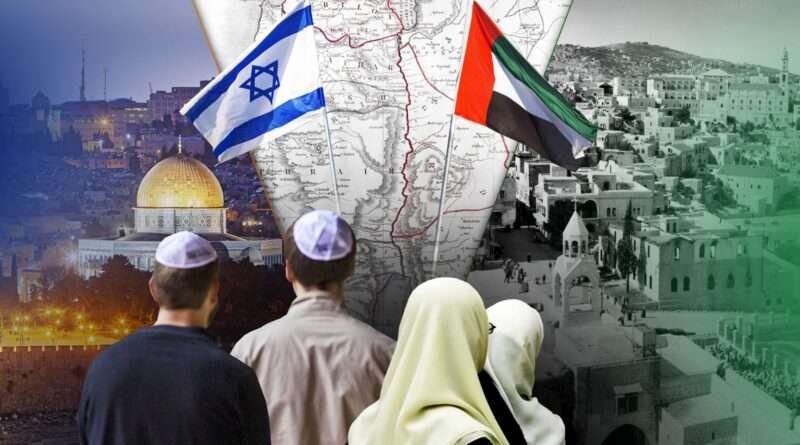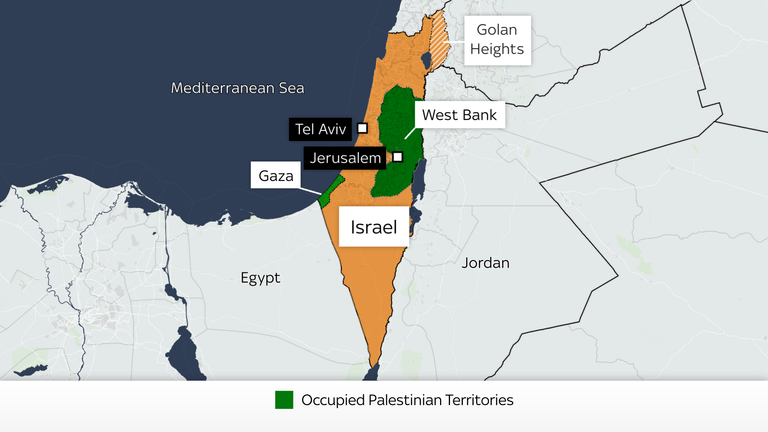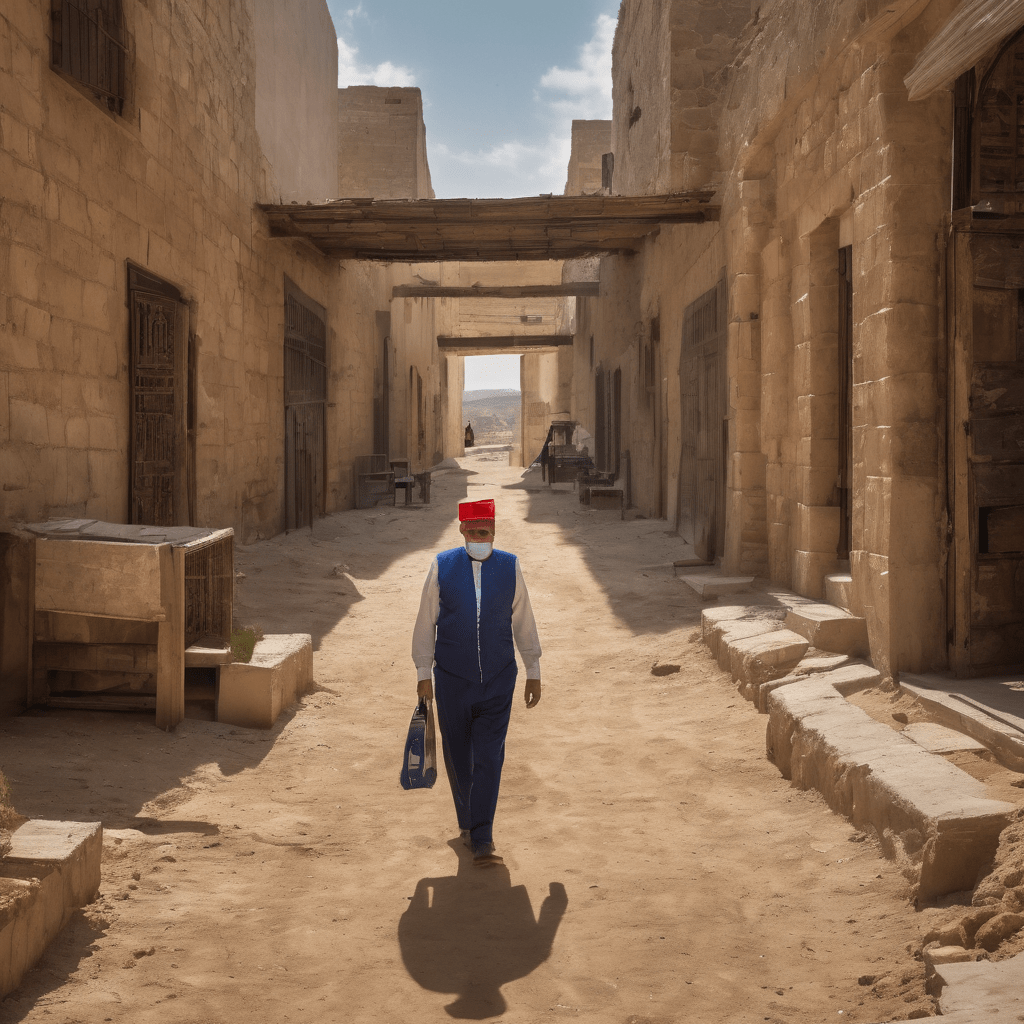The Israel-Palestine Conflict
Introduction
The Middle East has seen decades of severe suffering and instability as a result of the deeply entrenched and intricate geopolitical problem known as the Israel-Palestine conflict. Tensions between Israelis and Palestinians have persisted as a result of their conflict over territory and national identity. Investigating this conflict’s historical origins, important actors, and changing dynamics that continue to influence the area are crucial to understanding its complexity.
Historical Background (Israel-Palestine)
The origins of the conflict between Israel and Palestine may be found in the global nationalist movements that emerged in the late 19th and early 20th century. The Balfour Declaration of 1917 was the result of the growing popularity of the Zionist movement, which promoted the creation of a Jewish state. A “national home for the Jewish people” in Palestine was endorsed by the British government in this statement.
The United Nations suggested dividing Palestine into distinct Jewish and Arab governments following World War II and the Holocaust, which resulted in the creation of the State of Israel in 1948. The first Arab-Israeli war broke out as a result of the Arab governments’ opposition to this action.
Ongoing Conflicts and Territorial Disputes
The continuous territorial dispute between Israel and Palestine is one of the main causes of the war. The West Bank, East Jerusalem, and Gaza Strip are still under dispute, with Israel, Palestine, and the surrounding nations fighting for sovereignty and control.
Israel has been occupying the West Bank since 1967, and it has been a source of conflict. Because Israeli settlements in the West Bank are illegal under international law and obstruct the possibility of a two-state solution, they have been a source of conflict. The issue is made more difficult by the fact that both Israelis and Palestinians claim East Jerusalem as their capital.
The militant Palestinian organization Hamas controls the Gaza Strip, which has frequently been the scene of violent outbursts. Blockades, bombings, and sporadic battles have brought on significant humanitarian crises, with people suffering the most on both sides.
Peace Initiatives and International Players
The international world has taken notice of the Israel-Palestine issue, with many parties seeking to intervene and facilitate peace negotiations. The United States, the European Union, and the United Nations have all played critical roles in peace talks, seeking a two-state solution that fulfills both Israeli and Palestinian goals.
Deep-rooted historical grievances, conflicting national narratives, and the complexity of religious and cultural identities have made it difficult to reach a long-lasting settlement.The Oslo Accords of the 1990s intended to frame a two-state solution, but the Second Intifada and the growth of Israeli settlements halted progress.
Humanitarian Concerns
Both Israelis and Palestinians have suffered greatly as a result of the lengthy conflict. Civilians on both sides have endured loss, relocation, and trauma.. The Gaza siege has caused economic hardship and limited access to basic essentials, while recurrent escalations of violence have triggered a cycle of retribution and retaliation.
International human rights organizations have expressed concern about the conflict’s impact on civilian populations, urging all sides to prioritize civilian well-being and follow international law. Humanitarian relief and support are still important in meeting the urgent needs of affected people.
Conclusion
The Israel-Palestine conflict continues to be a difficult and sensitive topic that demands serious analysis as well as a commitment to communication and diplomacy. Achieving long-term peace necessitates addressing the underlying causes, acknowledging the genuine goals of both Israelis and Palestinians, and finding common ground for a just and equitable conclusion.
While the path to peace may be tough, the international community must continue to try to facilitate dialogue and understanding among the parties involved. Consistent diplomacy and a commitment to a lasting solution are vital for a peaceful future where Israelis and Palestinians coexist.
Check out this too >> Future Transportation





Pingback: Kaziranga National Park -
I appreciate the thought and effort you put into this post. It’s both educational and engaging.
Thank you so much for visiting to our website and for appreciation. keep up motivated.
Very interesting details you have remarked,
regards for putting up.Raise your business